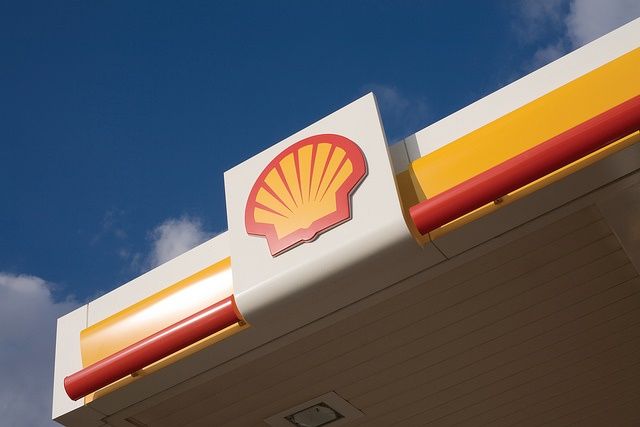By now readers will have seen the reports of soaring profits announced this week from energy giant Shell and Centrica, the parent company of British Gas.
At Shell, net profits more than doubled from the first quarter to $18bn. This included a non-cash accounting charge as the group upped its forecast for commodity prices. Excluding this, net profit was 26% higher at $11.5bn. For Centrica, profits jumped to £1.3bn in the first six months of the year from £262m during the same period in 2021.
These results, which were described by Frances O’Grady, the general secretary of the Trades Union Congress, as and “insult” to working people who will be hit hard by ever-increasing energy bills this winter, made the headlines, but ESG Clarity’s inboxes remained quiet.
This is presumably because most responsible or ESG-labelled funds can’t justify holding companies that are such high polluters and are so far removed from the “stakeholder capitalism” the responsible investment industry says it supports. Centrica’s dividend payment will be worth about £59m to shareholders and Shell promised to give shareholders payouts worth £6.5bn.
But there are nevertheless some specifics from these announcements that responsible investors may want to bear in mind, especially those engaging with high emitters.
The first is that for Shell at least, these profits don’t appear to be going into developing its renewable options. Laura Hoy, equity analyst at Hargreaves Lansdown, said although it was “funneling some of that excess cash into its renewables business in a bid to keep up with the energy transition, the bulk of Shell’s spending power went to legacy oil and gas.”
She added the company is “focusing more on managing lower-impact power solutions for customers rather than ramping up renewable power generation capacity”, with things such as expanding into lower-carbon fuels.
Ben van Beurden, Shell’s CEO, said the company was “using our financial strength to invest in secure energy supplies the world needs today, taking real, bold steps to cut carbon emissions and transforming our company for a low-carbon energy future.”
Centrica group CEO Chris O’Shea said of his business: “We have a clear strategy to continue improving operational performance, to grow our business and to position ourselves to deliver net zero at a cost that helps the many, not the few. We are committed to investing in the energy transition which will improve the security of energy supply in our core markets.”
The second is that the windfall tax – known as the energy profits levy – did not come into force until 14 July, meaning the companies’ second-quarter profits and payouts to shareholders were not affected.
The levy, announced in May, is a 25% surcharge on oil and gas profits, but it includes a ‘super-deduction’ style investment allowance, which will allow companies to avoid the new tax if they “invest in UK extraction”, offsetting as much as 80% of new spending.
This has been labelled a “mistake” by members of the responsible investment community, and may well be reconsidered by the new Tory leader. Hopeful Liz Truss has said she opposes the windfall tax on energy firms announced by her leadership opponent Rishi Sunak.








